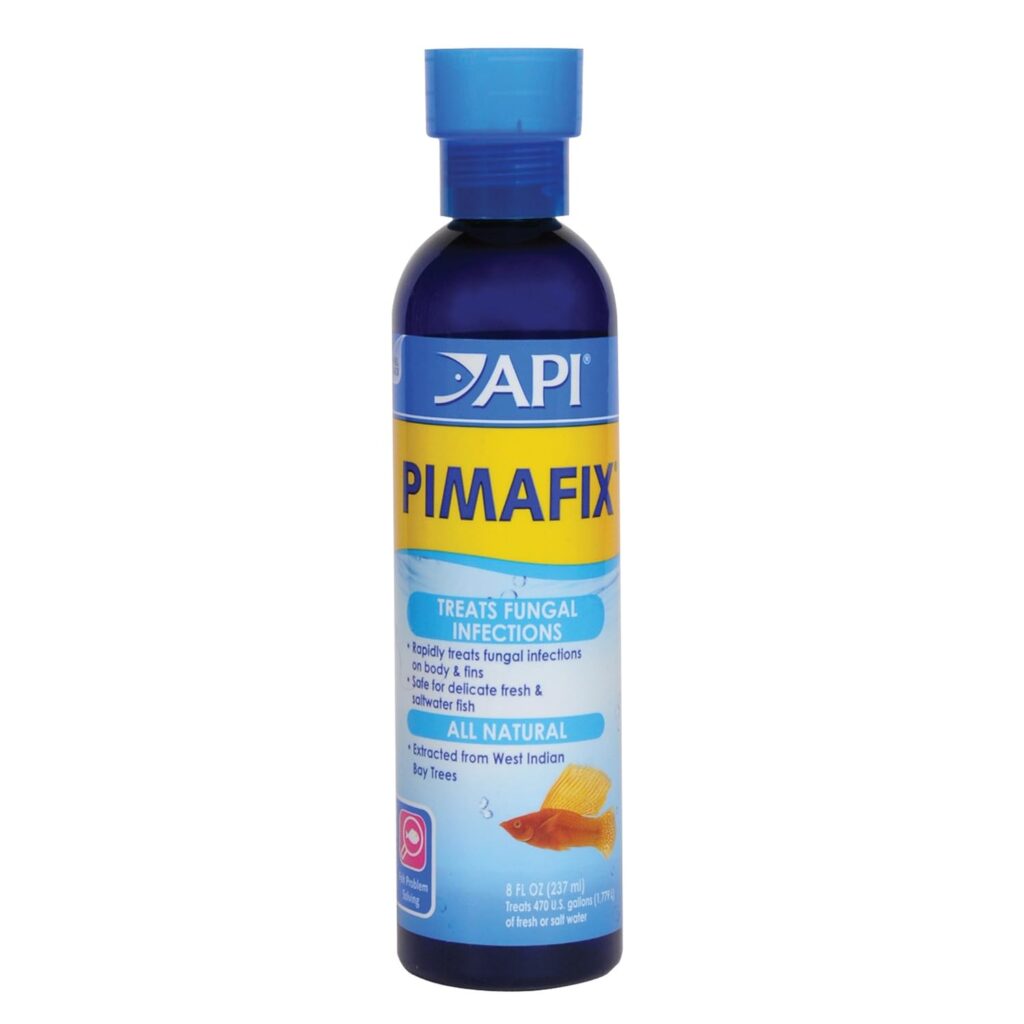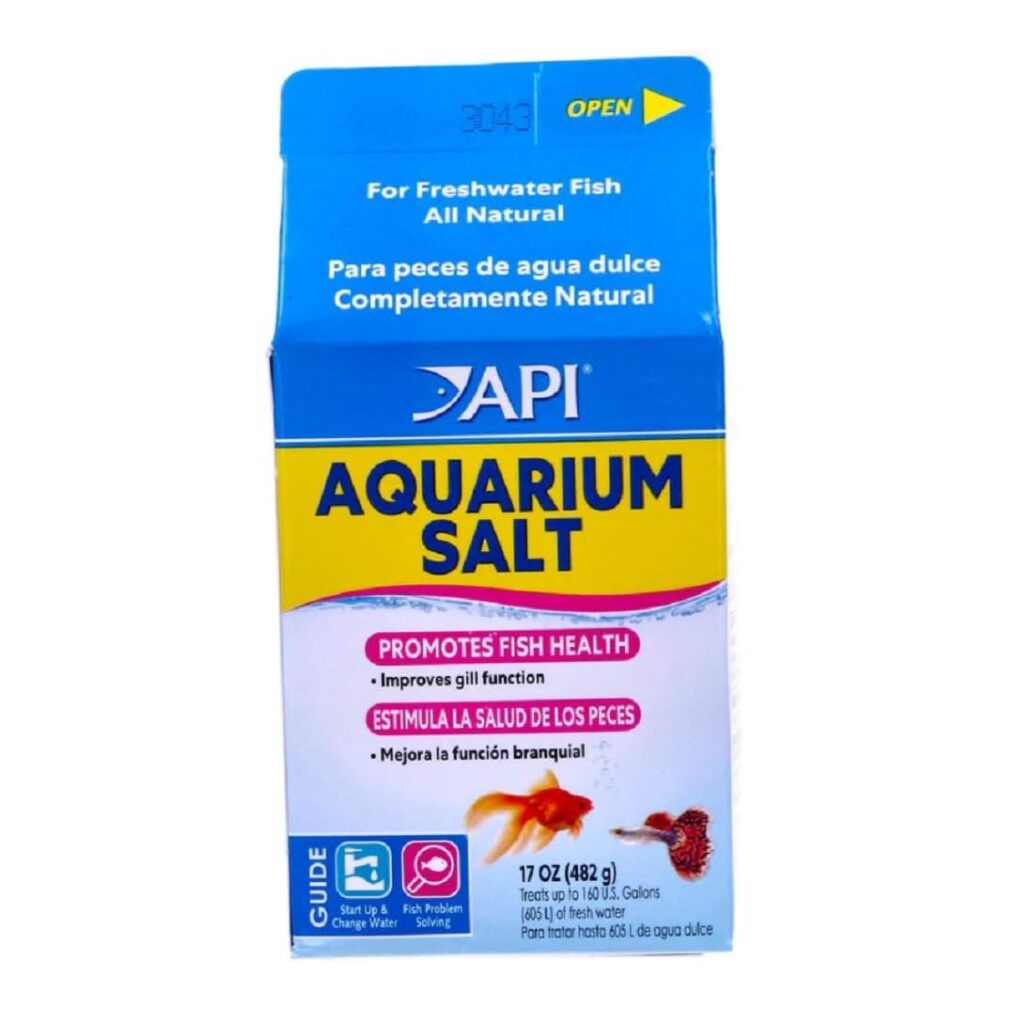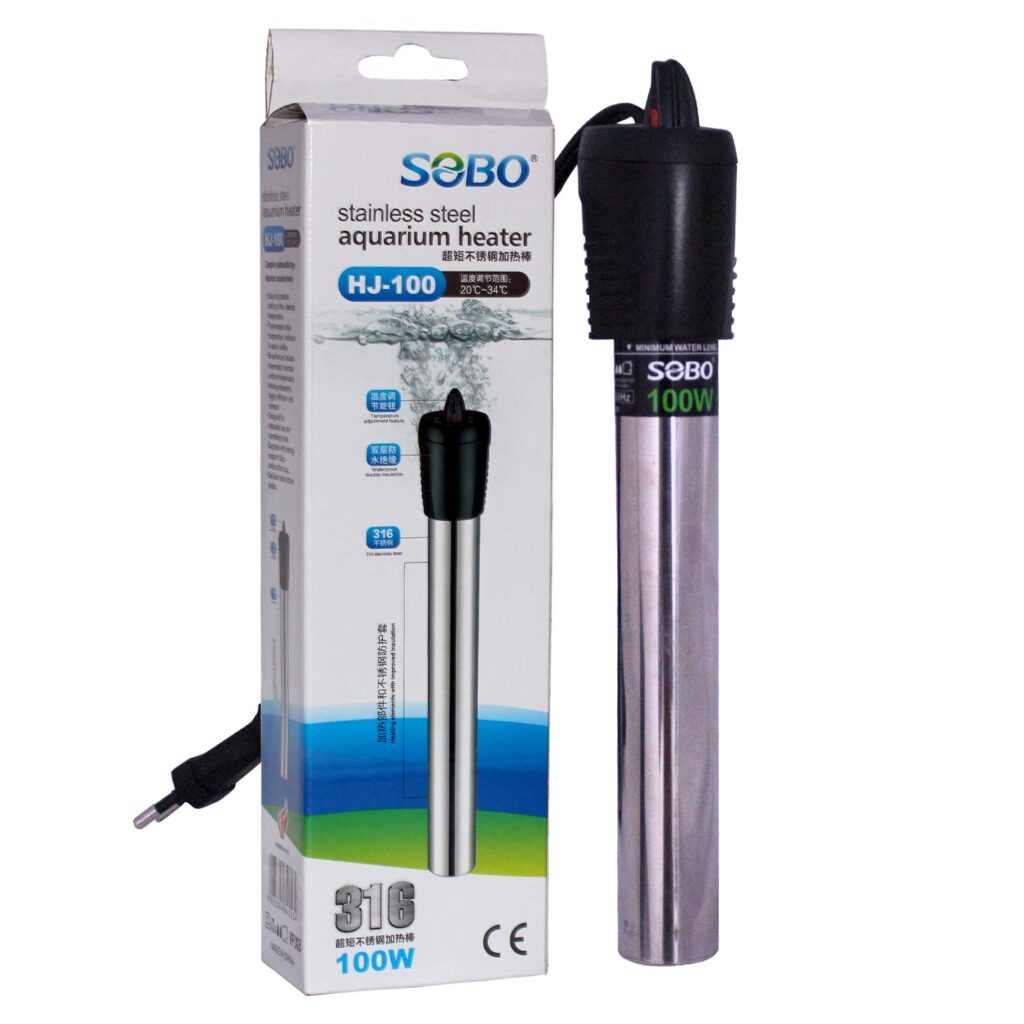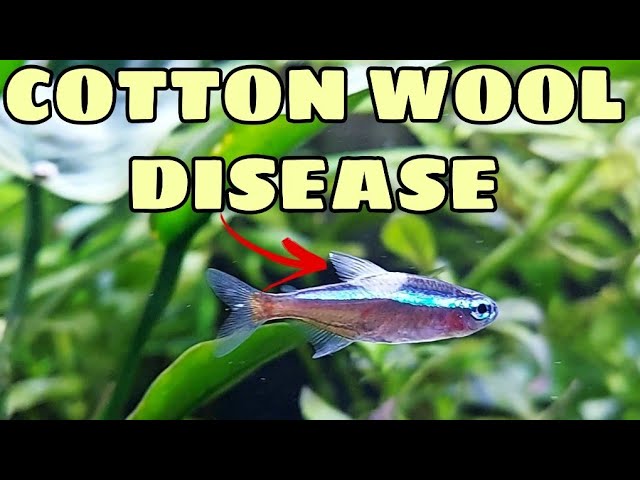Understanding Cotton Wool Disease in Fish: Causes, Symptoms, Treatment, and Prevention
Cotton Wool Disease, scientifically known as columnaris disease, is a bacterial infection that affects freshwater fish. Despite its name, it is caused by the bacterium Flavobacterium columnare and not a fungus. This disease is characterized by the appearance of white, cotton-like patches on the skin, gills, and mouth of infected fish. Recognizing the symptoms and understanding the causes are crucial for effective treatment and prevention.
Causes of Cotton Wool Disease
Columnaris disease is primarily caused by the bacterium Flavobacterium columnare. This bacterium is commonly found in aquatic environments and can be present in healthy fish without causing illness. However, under certain conditions, such as stress, poor water quality, or injury, the bacteria can proliferate and lead to infection. Factors that can contribute to the development of cotton wool disease include:
- Stress: Stress weakens the immune system of fish, making them more susceptible to infections.
- Poor Water Quality: High levels of ammonia, nitrites, or nitrates, as well as low oxygen levels, can stress fish and promote bacterial growth.
- Injury: Physical damage to the skin or gills provides an entry point for the bacteria.
- Overcrowding: High fish density can lead to increased waste and stress, creating an environment conducive to bacterial growth.
Symptoms of Cotton Wool Disease
The symptoms of cotton wool disease can vary depending on the severity of the infection. Common signs include:
- White, Cotton-Like Patches: The most noticeable symptom is the appearance of white, fluffy patches on the skin, gills, or mouth.
- Pale Gills: Infected fish may exhibit pale or discolored gills.
- Lethargy: Affected fish often become sluggish and may spend more time near the bottom of the tank.
- Loss of Appetite: Infected fish may refuse to eat or show reduced feeding behavior.
- Rapid Breathing: Difficulty breathing due to gill damage can cause fish to breathe rapidly.
- Skin Ulcers: In severe cases, the disease can cause ulcers or lesions on the skin.
Treatment of Cotton Wool Disease
Early detection and prompt treatment are essential to prevent the spread of cotton wool disease. Treatment options include:
- Antibiotic Medications: Broad-spectrum antibiotics that target gram-negative bacteria, such as Kanaplex, Furan 2/Jungle Fungus Clear, and Maracyn 2, are commonly used. It’s often recommended to use two of these antibiotics simultaneously for more effective treatment.
Recommended Medication for Cotton wool Disease Treatment : API Pimafix Anti-fungal Fish Remedy
- Treats fungal infections
- Also internal and external bacterial infections
- Will not adversely affect the biological filter
- Safe for reef aquariums and live plants

- Salt Baths: Salt baths can help reduce stress and improve gill function. Dissolve aquarium salt in water and immerse the affected fish for a short period, monitoring closely for any adverse reactions.
Recommended Aquarium Salt : API Aquarium Salt
- Promotes fish health and disease recovery with increased electrolytes
- Improves respiration for fish in freshwater aquariums
- 4.6 out of 5 stars
- 3,931 ratings on amazon

- Improving Water Quality: Regular water changes and maintaining optimal water parameters can help reduce stress and prevent the proliferation of harmful bacteria.
- Quarantine: Isolating infected fish in a separate quarantine tank can prevent the spread of the disease to other fish.
- Temperature Adjustment: Lowering the aquarium temperature to around 75°F (24°C) can slow down the growth of the bacteria. However, avoid sudden temperature changes, as they can stress the fish further.
Recommended Aquarium Heater : Sobo Ultra Short Stainless Steel Heating Rod for Fish Tank
- Precise Temperature Control: Easily adjustable
- Efficient Heating: Compact, high-efficiency heating
- Reliable Thermostat: Built-in sensitive and reliable thermostat maintains uniform water temperature
- 81% positive ratings from 10K+ customers
- 10K+ recent orders from this brand

Prevention of Cotton Wool Disease
Preventing cotton wool disease involves maintaining a healthy environment and minimizing stress factors:
- Regular Water Changes: Perform consistent water changes to maintain water quality.
- Avoid Overcrowding: Ensure the aquarium is not overstocked to reduce stress and waste accumulation.
- Proper Quarantine Procedures: Quarantine new fish before introducing them to the main tank to prevent the introduction of pathogens.
- Balanced Diet: Provide a nutritious and varied diet to strengthen the immune system of your fish.
- Monitor Fish Health: Regularly observe your fish for any signs of illness and address issues promptly.
Conclusion
Cotton wool disease is a serious bacterial infection that can affect freshwater fish, leading to significant health issues and potential mortality. Understanding its causes, recognizing the symptoms, and implementing effective treatment and prevention strategies are crucial for maintaining the health of your aquarium inhabitants. By ensuring optimal water quality, minimizing stress, and promptly addressing any signs of illness, you can help protect your fish from this debilitating disease.
For a visual explanation and further insights into columnaris disease, you may find the following video helpful:
White Spot Fish Treatment: Effective Methods to Protect Your Aquarium
- 10 Must-Have Aquarium Maintenance Tools You Can’t Live Without!
- Say Goodbye to Fish Lice Forever! The Ultimate Treatment Guide
- Anchor Worms Are Attacking Your Fish! Learn How to Eliminate Them FAST
- Miraculous Betta Fish Fin Rot Treatment – You Won’t Believe How Easy It Is!
- Is Your Fish’s Tail Falling Apart? Discover the Best Fin Rot Treatment That Works!
- Cotton Wool Disease in Fish: Causes, Symptoms & Effective Treatments
- White Spot Fish Treatment: Effective Methods to Protect Your Aquarium
- Effective Dropsy Fish Treatment You Need to Try – Save Your Fish Today!
- How to Set Up a Cichlid Aquarium: A Complete Guide

